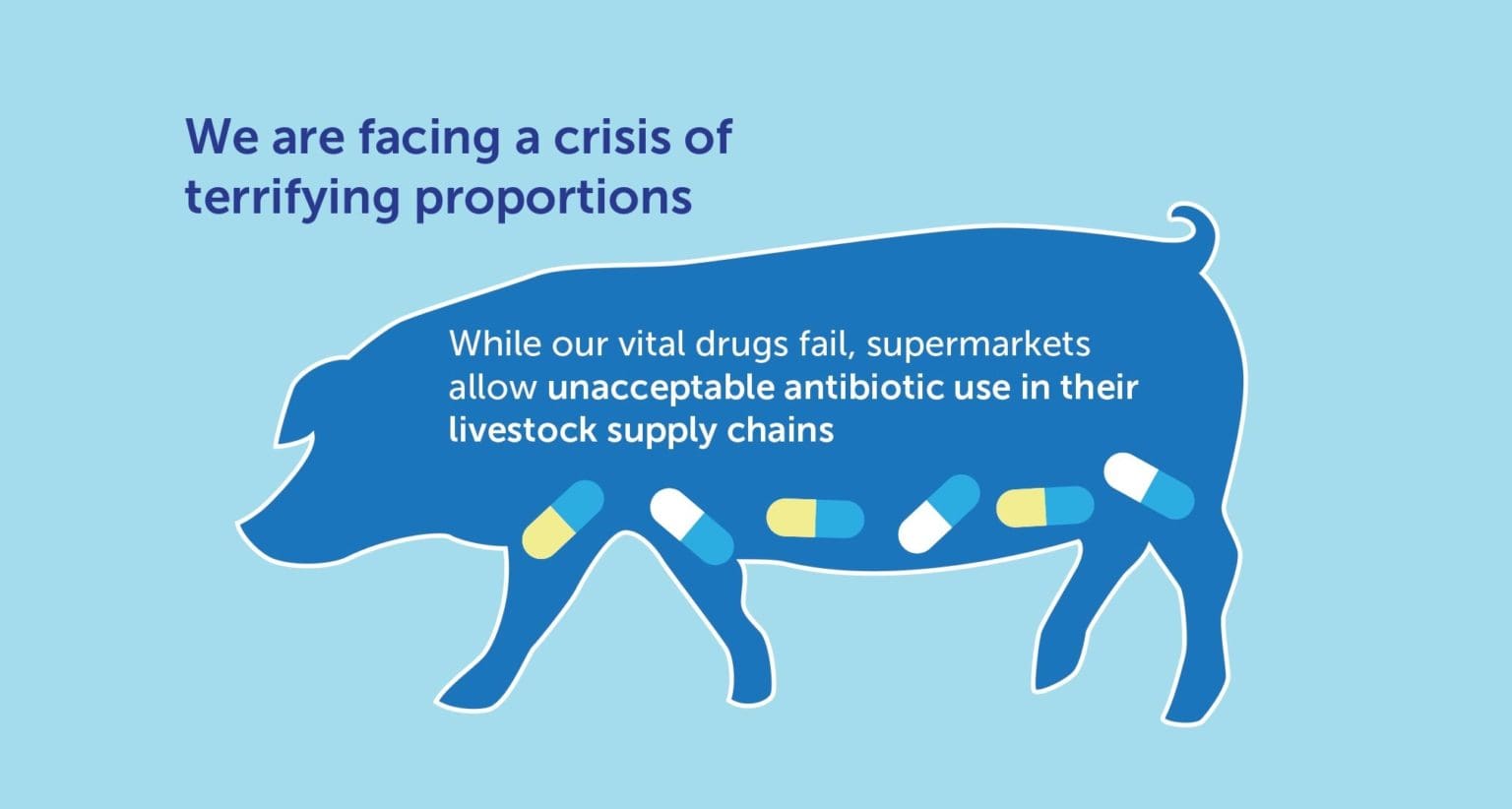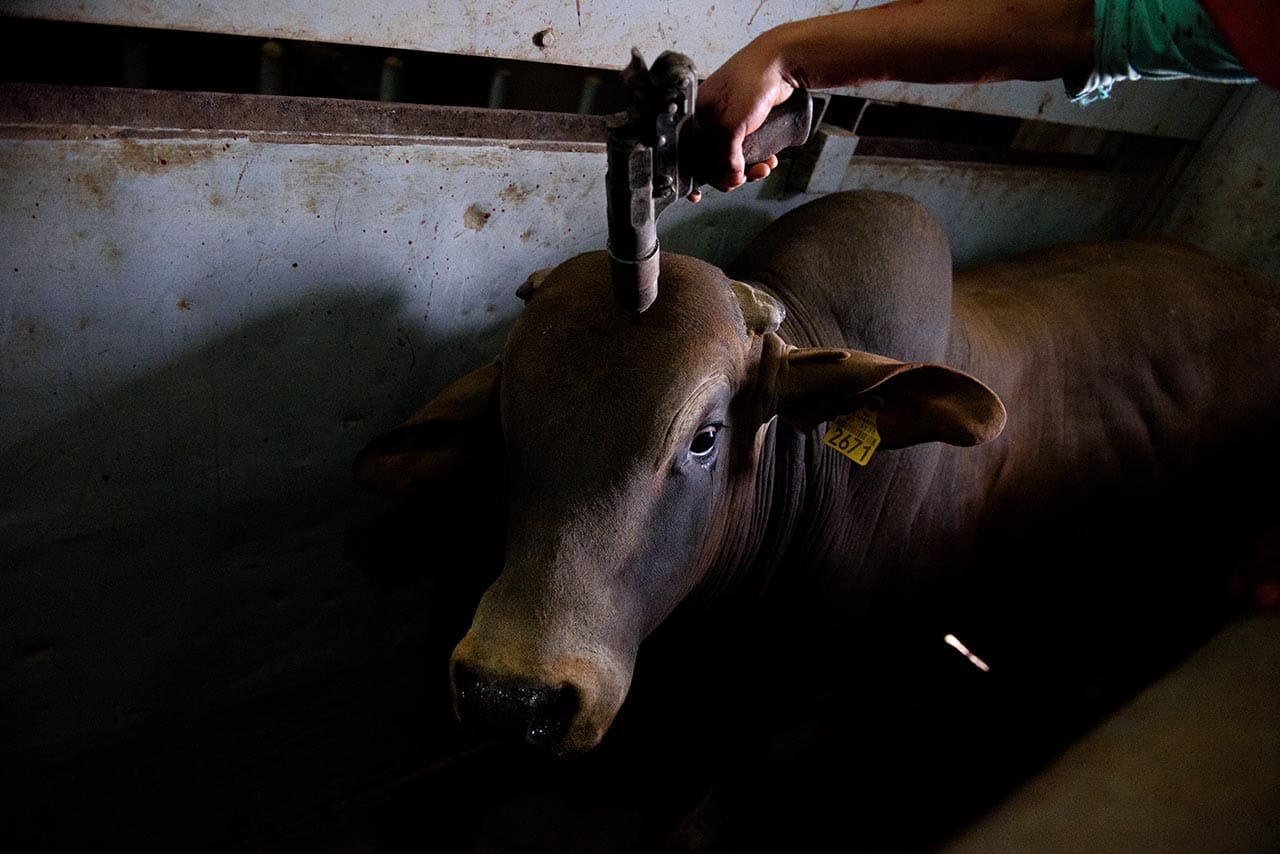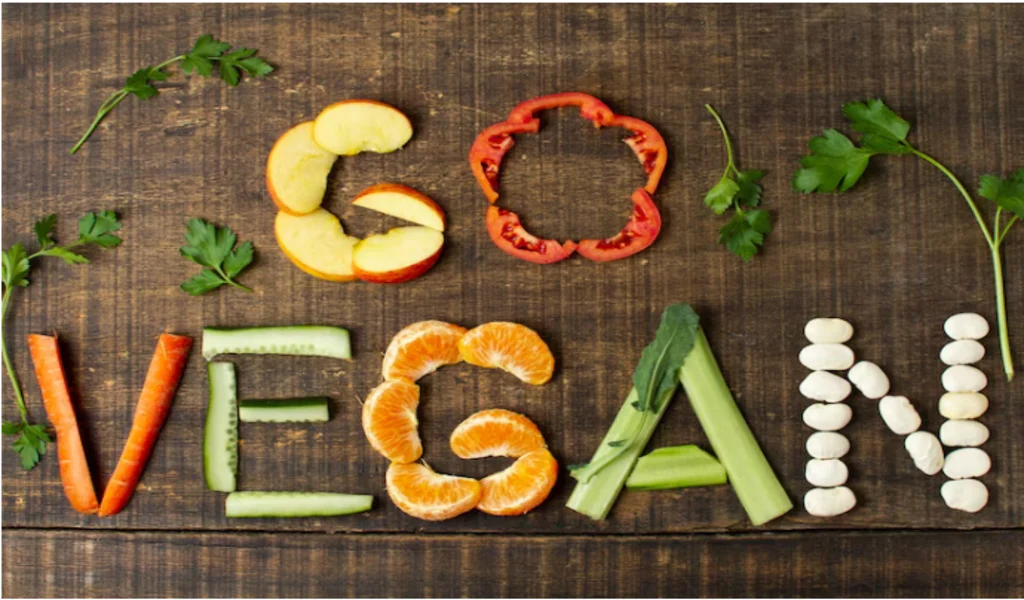Factory farming has emerged as a controversial cornerstone of modern food production, revealing the hidden cost of cheap animal products. Behind closed doors, millions of animals endure lives marked by confinement, overcrowding, and routine cruelty—all in the name of maximising efficiency. From painful procedures performed without pain relief to inhumane slaughter methods, the industry’s practices raise pressing ethical concerns. Beyond animal suffering, factory farming drives environmental destruction and public health risks through antibiotic overuse and pollution. This article uncovers the stark reality of factory farming’s impact on animals while highlighting pathways toward more humane and sustainable food systems
Factory farming is a highly controversial practice that has gained widespread attention and criticism in recent years. The demand for cheap and mass-produced animal products has led to the rise of this method of farming, where animals are kept in confined and intensive conditions for the purpose of maximizing production. While its supporters argue that factory farming is necessary to meet the growing demand for food, it has also been heavily criticized for its negative impact on animal welfare. The mistreatment and exploitation of animals in factory farms have raised serious ethical concerns, sparking debates about the connection between factory farming and animal cruelty. This article aims to explore this connection and shed light on the often hidden and overlooked consequences of intensive animal farming. Through an examination of the industry’s practices and its effects on animal welfare, we will delve into the complex relationship between factory farming and animal cruelty, seeking to understand the root causes and potential solutions to this pressing issue. By delving into this topic, we hope to raise awareness and foster a deeper understanding of the impact of our food choices on the well-being of animals.
Factory farming: a cruel practice
Factory farming, although a common practice in the modern food industry, has raised concerns regarding animal welfare. The intensive confinement, overcrowding, and unsanitary conditions that characterize factory farms have been widely criticized for subjecting animals to unnecessary suffering. Animals are often confined to small cages or overcrowded pens, limiting their ability to move freely or exhibit natural behaviors. Moreover, practices such as debeaking, tail docking, and castration are routinely performed without adequate pain relief. The stress and pain experienced by animals in factory farms are clear indicators of the cruel nature of this industry. Recognizing the ethical implications of factory farming and working towards more compassionate and sustainable alternatives are essential steps in addressing the issue of animal cruelty.

Animals suffer in confinement
The confinement of animals in various settings has been a topic of concern due to the significant suffering it imposes on them. Whether it is in the context of factory farming, zoos, or even domestic pet ownership, the restriction of an animal’s natural behaviors and movements can have detrimental effects on their physical and psychological well-being. Animals evolved in diverse environments, with freedom to roam, forage, socialize, and express their natural instincts. Confinement, however, denies them these basic needs and leads to increased stress, boredom, and the development of abnormal behaviors. The detrimental impact of confinement on the welfare of animals is a significant ethical issue that must be addressed to promote a more compassionate and respectful treatment of our fellow sentient beings.
Overcrowding leads to disease spread
Overcrowding in any setting, whether it be in densely populated urban areas, cramped living spaces, or crowded transportation systems, poses a significant risk for the spread of diseases. When individuals are in close proximity to one another, the chances for transmission of infectious agents greatly increase. This is particularly true in situations where personal hygiene and sanitation practices may be compromised due to limited resources or inadequate infrastructure. Overcrowding can create ideal conditions for the rapid and widespread transmission of diseases, as pathogens can easily pass from person to person through close contact, respiratory droplets, or contaminated surfaces. Furthermore, overcrowded environments often make it challenging to implement effective disease prevention and control measures, such as social distancing or proper ventilation. As a result, overcrowded areas become breeding grounds for infectious diseases, highlighting the urgency for improved living conditions and public health interventions to mitigate the risks associated with overcrowding and prevent the spread of diseases.
Forced insemination and separation traumatize
Forced insemination and separation of animals in factory farming operations not only result in immense suffering but also inflict long-lasting trauma on the animals involved. These practices are commonly employed to maximize production and efficiency, disregarding the emotional and psychological well-being of the animals. Forced insemination involves artificially impregnating female animals without their consent, often through invasive and painful procedures. This violation of their reproductive autonomy causes immense distress and discomfort. Additionally, the separation of mothers from their offspring shortly after birth is a common practice in factory farming. This abrupt separation disrupts the natural bonding and nurturing instincts, causing significant emotional pain and trauma for both the mother and the offspring. The lasting consequences of forced insemination and separation resonate deeply with the animals, highlighting the inherent cruelty within the factory farming industry.
Routine use of antibiotics harms animals
Routine use of antibiotics in factory farming operations poses a significant threat to the welfare of animals. Antibiotics are commonly administered to livestock to promote growth, prevent disease outbreaks, and compensate for the unsanitary and crowded conditions of these facilities. However, this widespread and excessive use of antibiotics can have detrimental effects on the animals themselves. The overuse of antibiotics leads to the development of antibiotic-resistant bacteria, rendering these drugs ineffective in treating human infections. Furthermore, the routine administration of antibiotics disrupts the natural microbial balance in the animals’ digestive systems, compromising their overall health and immune function. This not only puts the animals at risk of developing drug-resistant infections but also raises concerns about the potential transmission of these resistant bacteria to humans through the consumption of animal products. It is imperative that we address and curtail the routine use of antibiotics in factory farming to safeguard both animal welfare and public health.

Inhumane slaughter methods are used
The treatment of animals in factory farming extends beyond the use of antibiotics, as inhumane slaughter methods are often employed. These methods prioritize efficiency and productivity over animal welfare, resulting in unnecessary suffering and pain. Practices such as overcrowding, rough handling, and neglect of basic needs are all too common in these facilities. Animals may be subjected to cruel forms of restraint, such as confinement in cramped spaces or the use of painful devices to immobilize them. Additionally, stunning methods may not always be effective, leading to animals being conscious and aware during the slaughter process. These inhumane practices not only violate ethical standards but also contribute to the physical and psychological distress experienced by the animals. It is crucial that we address these unacceptable practices and promote more compassionate alternatives in the farming industry.

Environmental impact is devastating
The environmental impact of factory farming is undeniably catastrophic. The intensive production methods used in these facilities result in excessive resource consumption and pollution. Large-scale livestock operations require vast amounts of land, water, and feed to sustain the high volume of animals. This leads to deforestation, habitat destruction, and the depletion of natural resources. Additionally, the massive amounts of animal waste produced by factory farms pose a significant threat to waterways and air quality. The release of pollutants, such as nitrogen and phosphorus, contributes to water pollution, creating dead zones in aquatic ecosystems. Moreover, the greenhouse gas emissions from livestock farming, including methane and nitrous oxide, significantly contribute to climate change. The immense scale and unsustainable practices of factory farming have a devastating impact on our environment, demanding urgent action to transition towards more sustainable and ethical agricultural practices.
Choose ethically-sourced animal products instead
When considering the ethical implications of our food choices, it is crucial to give thought to the sourcing of animal products. By choosing ethically-sourced animal products, we can actively support farming practices that prioritize the well-being and welfare of animals. Ethically-sourced animal products come from farms that provide animals with adequate space, access to natural habitats, and the ability to express their natural behaviors. These farms prioritize the health and happiness of the animals, ensuring they are raised in humane conditions with minimal stress and suffering. By consciously opting for ethically-sourced animal products, we can contribute to a more compassionate and sustainable food system, where animal welfare is a priority.
In conclusion, the evidence is clear that factory farming not only contributes to animal cruelty, but also has numerous negative impacts on the environment, public health, and small family farms. It is our responsibility as consumers to educate ourselves on where our food comes from and make conscious choices to support sustainable and humane practices. By reducing demand for factory-farmed products, we can send a message to corporations that the mistreatment of animals will not be tolerated. It is time for us to take a stand against factory farming and advocate for more ethical and sustainable methods of food production. Together, we can make a positive impact for both animals and our planet.

FAQ
How does factory farming contribute to animal cruelty?
Factory farming contributes to animal cruelty through various practices such as overcrowding, confinement, and inhumane treatment. Animals are often kept in small cages or cramped spaces, leading to physical and psychological distress. They are subjected to routine procedures like debeaking and tail docking without anesthesia. The intense breeding and genetic manipulation lead to health issues and deformities. Animals are also frequently denied access to natural behaviors like grazing or nesting. Additionally, the use of antibiotics and growth hormones can further compromise their welfare. Overall, factory farming prioritizes efficiency and profit over the well-being of animals, resulting in significant cruelty and suffering.
What specific practices in factory farming are considered cruel towards animals?
Specific practices in factory farming that are considered cruel towards animals include overcrowding and confinement in small spaces, lack of access to fresh air and natural light, routine use of antibiotics and hormones, painful mutilations such as debeaking and tail docking without anesthesia, and inhumane slaughter methods. These practices prioritize profit and efficiency over animal welfare, leading to immense suffering and stress for the animals involved.
What are the potential consequences of animal cruelty in factory farming on the animals’ health and well-being?
Animal cruelty in factory farming can have severe consequences on the health and well-being of animals. They may suffer from physical injuries, infections, and diseases due to overcrowding, unsanitary conditions, and lack of proper veterinary care. Stress and psychological distress are common, leading to behavioral issues and decreased immune function. Animals are often subjected to painful procedures like debeaking and tail docking without anesthesia. Additionally, the use of growth hormones and antibiotics can have long-term health implications. Overall, animal cruelty in factory farming not only causes immense suffering but also compromises the animals’ overall health, leading to a lower quality of life.
Are there any regulations or laws in place to prevent or address animal cruelty in factory farming?
Yes, there are regulations and laws in place to prevent and address animal cruelty in factory farming. In many countries, including the United States and European Union member states, there are specific laws and regulations that aim to protect the welfare of animals raised in factory farming settings. These laws include provisions for proper housing, feeding, and medical care for animals, as well as guidelines for humane slaughter practices. Additionally, there are organizations and initiatives focused on advocating for stronger animal welfare standards and enforcing existing regulations to prevent cruelty in factory farming. However, the effectiveness and enforcement of these regulations can vary, and there is ongoing debate and efforts to strengthen and improve animal welfare standards in this industry.
How can consumers make more ethical choices to support animal welfare and combat animal cruelty in factory farming?
Consumers can make more ethical choices by opting for plant-based and cruelty-free products, supporting local and sustainable agriculture, and seeking out certifications like Certified Humane or Animal Welfare Approved. Additionally, educating themselves about the practices of different companies and choosing to support those with high animal welfare standards can make a significant impact. Being mindful of food waste and choosing to reduce meat consumption can also contribute to combating animal cruelty in factory farming. Ultimately, making informed choices and supporting businesses that prioritize animal welfare can help consumers contribute to a more ethical and compassionate food system.



